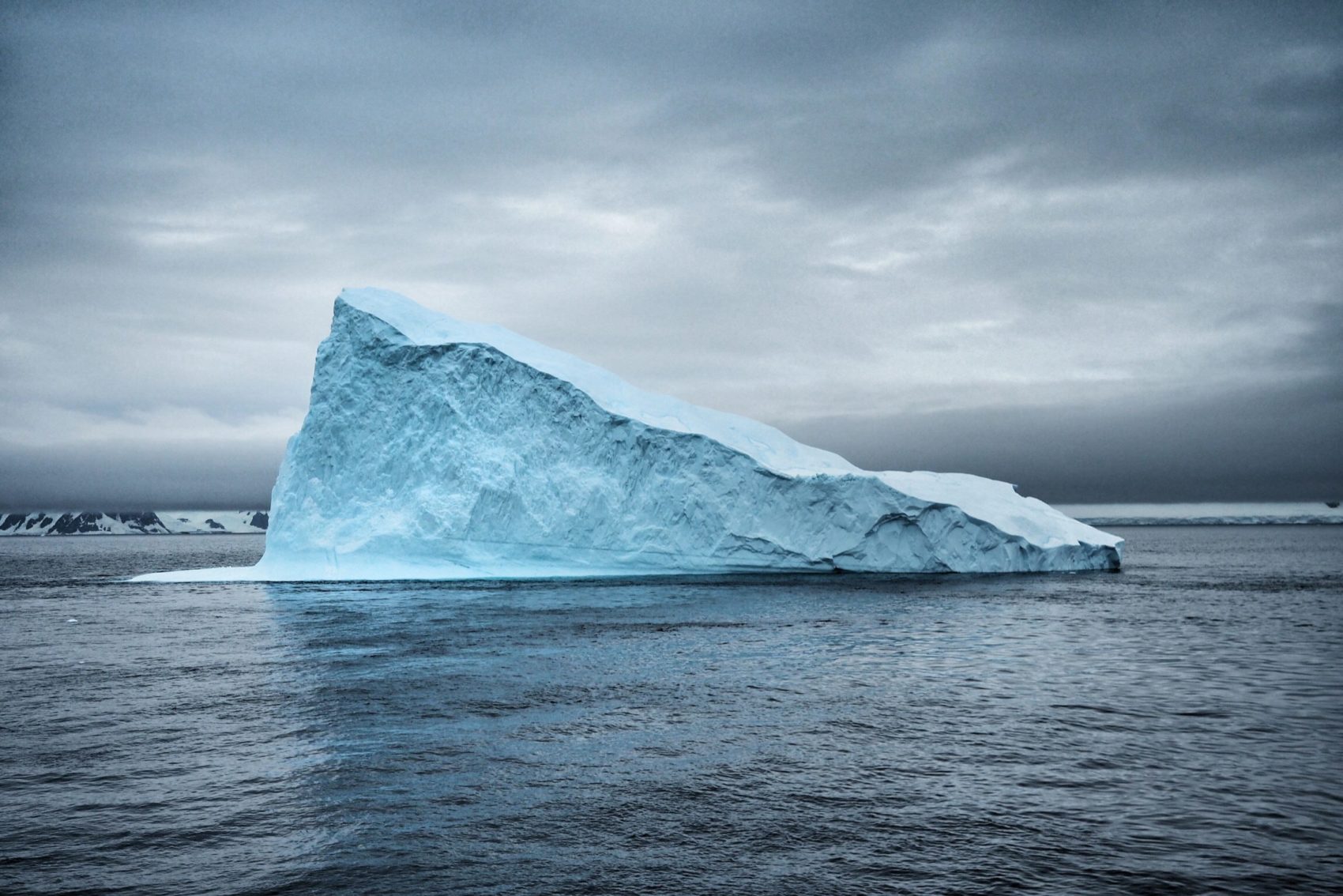Water is weird. Everyone knows the chemical symbol for water is H2O, and that all living things need water to survive. Here are eight facts about weird water that you might not know!
1. Water is alien. All water on earth arrived as ice on asteroids and comets from space.
2. All water on earth has been recycled through animals, plants, rocks, oceans, and clouds. In other words, you’re drinking dinosaur pee.
3. Water doesn’t follow the normal rules of chemistry. Water is made of two elements: oxygen and hydrogen, both of which are very light. The rules of chemistry say that on earth, liquid water should not exist. Instead, if water followed the rules, it would exist on earth only as water vapor.
4. Water is the only chemical that expands when it goes from a liquid to a solid. Because solid water, aka ice, is less dense than liquid water, ice floats. This allows ice to insulate the liquid water underneath it. Without this unique property, life would not have survived earth’s many ice ages.

5. Hot water freezes faster than cold water, and no one knows why. This is known as the Mpemba effect, named after the Tanzanian student who discovered this phenomenon.
6. Water molecules are so good at sticking to each other that they can overcome the force of gravity. In biology, this is called capillary action and is the mechanism that allows plants to move water from their roots to their leaves. This unique property of water also allows oxygen and nutrients to reach the outermost edges of your brain.

7. Water is the second most common molecule in the universe, after molecular hydrogen. There’s water on Mars, the moon, and almost every other object in our solar system, including Pluto.
8. Water is a universal solvent. Water is able to break most chemical bonds and dissolve most chemicals. It is very difficult to create pure water even in a laboratory setting, as nearly all chemical compounds will dissolve in water. This makes water one of the most reactive compounds known to man.
“In other words, science keeps on proving the existence of God. Good work, guys!”
Preemptively replying again…
On the off chance this is a serious comment, if you explained what you meant, I’m sure someone could point out your misconception. There are way too many ways people manage to arrive at this sort of conclusion to guess.
I’ll leave this here, though. Science is skeptical by nature, but at the same time, coming up with literal proof for any theory or idea that’s long gone unproven, especially something as life changing as the existence of literally any intelligent being beyond those we know of on Earth, is the thing careers are made of. If anyone in a scientific field managed to do that, they’d be — figuratively — shouting about it from every rooftop available.
In other words, science keeps on proving the existence of God. Good work, guys!
Sorry, a little too much mischaracterized and/or just plain wrong pop-sci for me to stand by and watch.
“Water is alien”
In the sense that nearly *all* atoms are alien, sure. Molecules, though? Nearly any combustion reaction is a great counterexample.
“The rules of chemistry say that on earth, liquid water should not exist.”
If this were true, said “rules” would have been long-since discarded. Water is one of the most well-studied chemicals, for many of the reasons cited. It certainly has some unusual properties, but any “rules” suggesting water shouldn’t exist are obviously nonsense.
“Water is the only chemical that expands when it goes from a liquid to a soli”
0_o https://xtronics.com/wiki/Expands_on_freezing.html
“Hot water freezes faster than cold water, and no one knows why.”
I’ll just leave this here: “But were all these reports just the result of bad experimental technique? Surely it should be a simple matter to settle the issue once and for all by carrying out experiments? That turns out to be surprisingly difficult, not least because the statement ‘hot water freezes faster than cold’ is ill-defined.” https://physicsworld.com/a/does-hot-water-freeze-first/
Water is pretty neat, though. https://en.wikipedia.org/wiki/Water#Chemical_and_physical_properties
RE: “hot water freezes faster than cold water”:
This was postulated a while back with the idea that slightly warmer water was less dense and warmer water molecules…more motion would allow the molecules to dissipate energy faster and less mass would require less time to ‘de-energize’ but under very exact conditions. No validated experiments have confirmed this. Those who tried to confirm this idea had to resort to varying the geometry of the two water masses forcing the water with more surface area to cool faster.
Freezing is actually lowering the energy level of the mass to a point where the lower-energy molecules ‘settle’ into a lattice structure (kind of like humans laying down to bed). From a practical standpoint consider two equal masses of water in the same geometric shape subjected to the same temperature. The warmer water will take time to cool to the same starting temperature as the cooler water. Freezing from that point under identical conditions would then require the same amount of time,
Pre-replying to a comment which, I guess, hasn’t been approved yet.
Regarding hot water freezing faster than cold, it is reasonable to think that somehow this effect may be related to the faster motion and/or lower density of hot water, but this effect alone cannot explain the phenomenon if we treat the entire body of water as having a single temperature. It may well be that when one region of the water is cooled to freezing temperatures, say by contact with a surface well below freezing, the higher temperature of the water volume as a whole somehow allows water to freeze more quickly at the boundary.
Another consideration may be factors that lead to the ice formed being clear and free of fractures, which would presumably allow it to conduct heat more efficiently to the cooling surface. Solubility of atmospheric gases in water does generally decrease with temperature, and one might reasonably assume that a lower proportion of dissolved gasses would allow for the formation of ice that conducts heat more efficiently.
That is all to say, this is a complicated question. There certainly isn’t going to be one answer that’s correct given all circumstances.